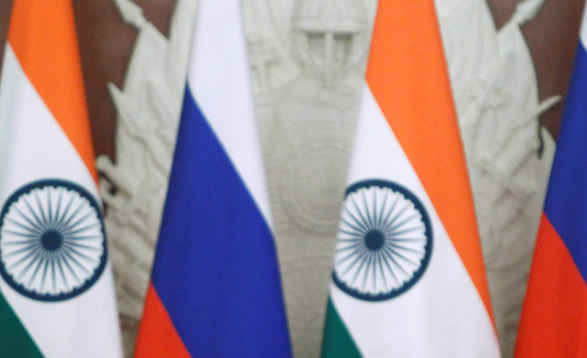
New Delhi, August 14: If the government decides to bring Kudankulam's third and fourth units under the purview of the nuclear liability law, which makes suppliers liable for compensation in case of accidents, Russia will mount double pressure on India.
Russia will not only increase the cost of the reactors, but also seek a change in the conditions for the credit line being provided by it to build them. Russian officials have warned that any "negative influence" on the 1988 agreement for the first and second unit and the 2008 civil nuclear cooperation agreement could jeopardize collaboration for nuclear power plants between the two countries. "We are still hopeful that a way out will be found for implementation of the roadmap of civil nuclear cooperation between the two countries as per these agreements as that is what PM Manmohan Singh had assured Russian deputy PM Dmitry Rogozin when he called on him recently," a Russian government source said.
"There is some concern though about what is happening and if indeed nuclear liability law comes into play, not just the cost of the reactors will shoot up significantly but the terms and conditions for the credit line being extended for the reactors too will have to be changed," he added. The two nations recently signed a protocol for financing the third and fourth units under which Russia will offer an export credit line of close to $3.5 billion for the two pressurized water reactors. The amount is payable in 14 years, from the start of power generation, at 4% interest per annum.
With Russia insisting all along that work on the third and fourth units, too, be carried out under the 1988 agreement between the two nations, which has ensured immunity for Kudankulam 1 and 2 from the liability law, the government has been in a bind over how to move ahead on the "third-generation" nuclear plants being built by the Russian-owned AtomstroyExport.
The government now seems to have made up its mind with PM Manmohan Singh himself said to be not keen to waive off the right to recourse for Kudankulam's third and fourth units.
Now, matters seem to have reached a head, but the Russian ambassador to India, Alexander Kadakin, had warned in March that Russia and India entered into nuclear cooperation only on the basis of deals signed in 1988 and 2008. "We have tried to accommodate India's interests with same terms of credit and we expect that the same conditions will be applicable," he had said.
Singh recently sought to know from DAE who would pay in case of any accident at the new plants at Kudankulam. Not satisfied with the DAE explanation that India's international agreement with Russia would take care of liability issues, he then sought the views of the law ministry.





Comments
Add new comment